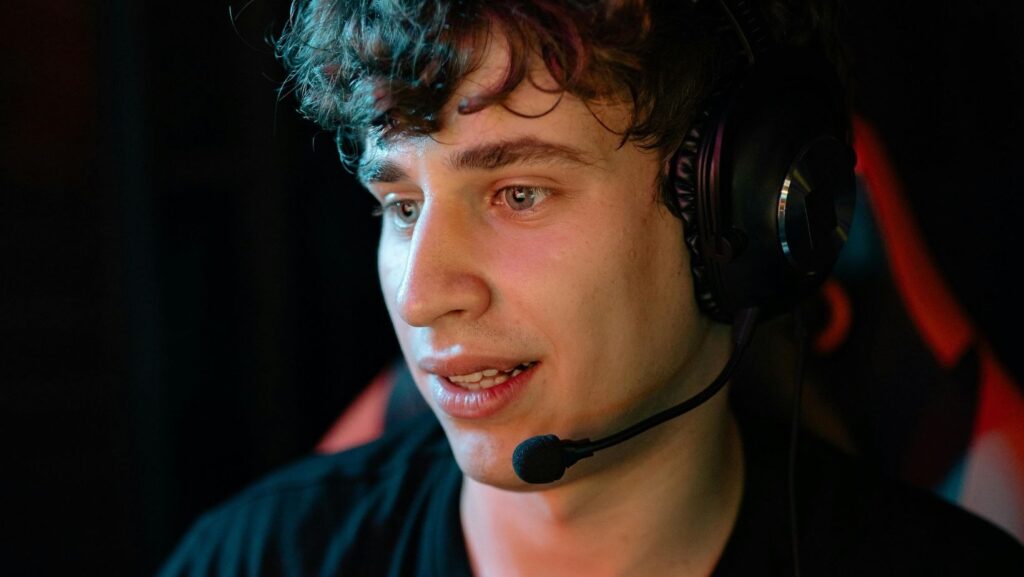
For years, online casinos have relied on flashy banner ads, SEO campaigns, and affiliate deals to lure players. But in an era where audiences are wary of traditional advertising and demand authenticity, the marketing playbook has changed. Enter influencers and streamers, the digital entertainers who have become the new face of the casino industry.
From Twitch and Kick to YouTube and TikTok, influencers are changing the way casinos engage audiences. They are not just promoting products; they are making gambling into interactive entertainment. Their impact transforms the perception and economics of online casinos, cultivating a marketing ecosystem where charisma and content are far more effective in driving conversions than traditional ads could ever be.
How Casino Promotion Has Changed
The online gamblingbusiness has always been a battle of the eyes. In the early days of online casinos, they competed for clicks through affiliates and bonuses, with casinos purchasing ad space on search engines or review sites. The effect of these approaches, however, has hit a ceiling. Consumers today want stories, not sales pitches – they believe in people rather than faceless brands.
Streaming and influencer culture made up the difference. Gaming streams became popular in the late 2010s amidst the growth of digital gambling platforms. As video game streamers gathered large followings, casino operators saw a one-of-a-kind opportunity. Why not take the same energy, the excitement, the commotion, the live commentary, and apply it to casino gaming?
Twitch was the first to implement this integration. Streamers started broadcasting themselves playing slots, roulette or card games, explaining odds, celebrating wins and reacting in real-time. The content appeared organic, relatable and most importantly, fun. Gambling ceased to be an isolated activity and became a digital group activity.
Even after Twitch cracked down on unlicensed gambling streams, new streaming platforms such as Kick and YouTube emerged to house casino streamers. Today, the viewing of casino games is a well-established content niche – equal parts entertainment, parts advertising, parts spectacle.
Making Gambling a Subject to Write About
The strength of influencers is to make a basic game into a performance. When an online casino works with a popular streamer, they’re not simply purchasing ad space – they’re participating in a show. The streamer’s personality is the key to engagement: their reactions, humour, and community banter make gambling feel like a social gathering rather than a financial gamble.
Live chat makes such energy grow. Players watch as bets progress, cheer on jackpots, and even contribute suggestions as to what game or slot they should play next. This interactivity blurs the line between playing and watching. The influencer becomes a proxy gambler, experiencing the ups and downs of casino life for thousands of fans.
Casinos can reap the rewards of this symbiotic relationship. Rather than cold ads, they receive dynamic, immersive storytelling that keeps viewers glued to the screen. The streamer develops their brand through the excitement of play and the casino gains organic exposure and more sign-ups. Some collaborations take it a step further – providing exclusive perks or co-branded promotions that turn social media followers into registered players.
In a way, influencers have re-invented advertising in casinos for the attention economy. Traditional marketing sells likelihood. Streaming sells experience.
The Economics of Influencer Deals

The partnership between streamers and casinos has become a big business. Influencers who are associated with gambling can charge thousands of dollars to stream their games, not to mention affiliate commissions for the amount of money they make for the company. For casinos, this is a high-yield marketing channel that produces measurable results.
Instead of paying for impressions or clicks, brands will monitor player deposits, wagers, and retention connected to certain streamers. The incentive model rewards long-term partnerships where both sides can benefit from the success of the ongoing engagement.
This model also spreads casino exposure. Influencers cater to different audiences – from casual players seeking entertainment to high-rollers looking for strategy discussions. Their followers believe in them as real people, not corporate voices.
Influencers are also a factor in the trend toward going global. One live stream can broadcast to thousands of people on different continents in real time. As a result, casino brands can target beyond local markets and benefit from players in Europe, Asia, and Latin America all at once. The marketing opportunity is enormous — and it’s only getting bigger.
For players seeking genuine choices via content creators, websites such as https://www.sunvegascasino.com/real-money-casinos/ show how reputable real-money casinos incorporate marketing disclosure to help users substantiate entertainment and licensed gaming parameters.
Challenges and Misgivings
As it keeps expanding, casino streaming does not come without controversy. Critics of influencer partnerships claim that gambling can be glamorised, potentially encouraging risky behaviour among younger viewers. The ups and downs of streaming make winning look exciting and losing seem insignificant, especially when streamers gamble with sponsored money.
Regulators and platforms have begun responding. Twitch, for example, prohibited some unlicensed casino streams to mitigate risk exposure. Many content creators have since migrated to other platforms or changed their approach by concentrating on responsible play, clear disclaimers and age restrictions.
Transparency and ethical standards are critical for the future of the industry. The audience should know that the streamer is getting paid for it, that it isn’t real money, and what casinos are regulated. As audiences evolve, authenticity and honesty can emerge as the most precious currencies in influencer marketing.
The Future of Casino Marketing
The influencer era is transforming the way of communication between online casinos and audiences. Static advertising is on the way out, to be replaced by interactive storytelling, while passive consumption is being replaced by participatory entertainment. Casinos no longer sell games; they sell experiences intermediated through characters viewers already love.
In the years ahead, influencer-casino collaborations are only going to become even more advanced. Think of AI-powered interactive streams, real-time viewer polls that shape bets, or AR overlays that allow fans to “join” the table virtually. The intersection of technology and entertainment will remain the hallmark of casino marketing, bringing it even closer to mainstream digital culture.
Influencers have become the conduit between gaming and entertainment – storytellers converting chance into content. For casinos, the successive big wins aren’t just in the tables but also in capturing hearts and clicks in the already trusted space of people’s audiences.















